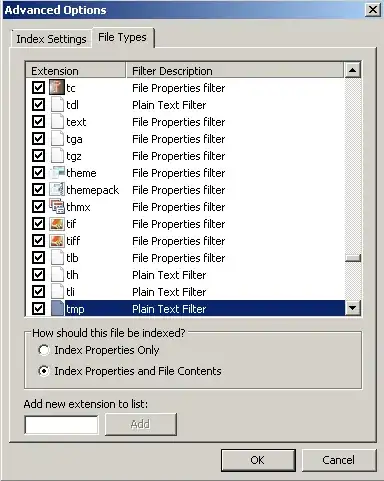So here is the situation. I currently run a mail server for my small non-profit company. My mail server (Merak Mail Server) keeps logs in .log files and mail as .tmp files. Essentially these are just text files that are kept on the server.
Problem is that when I put text into the "Containing text" field on Windows Explorer, it always misses the files and tells me no results returned. Then when I search the files one by one (painful at best), I find the files I need.
Do I not understand the search feature well enough, or maybe I have it indexing wrong. I really don't care what I need to use to search the files, even a third-party app is fine with me, I just want to type an email address into a box and search all of my log files or email files and find out which one I am looking for. It can be Windows Search or something else, as long as I can find a way to get the job done I will be happy. Pay solutions are fine as well.
Thanks everyone in advance.
